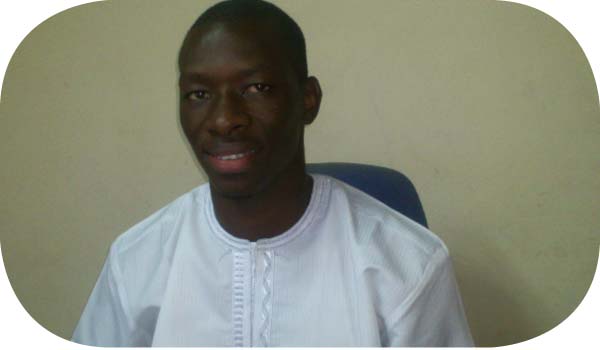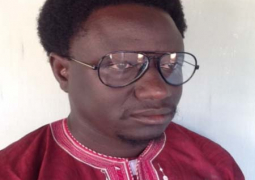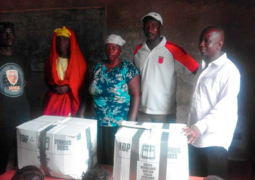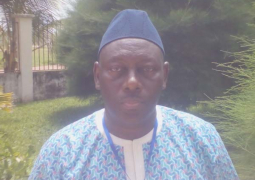
When the case was called, DPP S.H. Barkun appeared for the state while senior counsel Antouman Gaye and Combeh Gaye-Coker represented the applicant.
Moving the bail application, lawyer Combeh Gaye-Coker said they had filed an affidavit in reply to the affidavit in opposition filed by the state.
The trial judge then asked the DPP if he received it and he replied in the negative. DPP was then served with the reply in court.
Counsel Gaye-Coker then said they had filed a motion on bail application on 17 January 2016 supported by an affidavit deposed to by the applicant.
She said DPP filed an affidavit in opposition on 28 January 2016 deposed to by Modou Jeng, a legal clerk.
She said paragraph 3b of the affidavit in opposition makes no sense because it was not responding to paragraphs 3, 6, 7 and 8 of the affidavit in support.
“My submission is that paragraph 3b is incompetent and ought to be thrown out,” she said.
She said paragraph 3c according to section 89 of the Evidence Act was denying paragraph 9 of the affidavit in support that the accused was detained and tortured.
She said the deponent said he had been informed by the DPP and he believed the same to be true that the accused was not subjected to torture, which according to her (counsel) was based on personal knowledge.
Counsel Gaye-Coker further said paragraph 3c offends section 89 of the Evidence Act and that facts from the DPP ought to have come from the NIA officials or the officers that arrested the accused, but could not come from the DPP.
Counsel also said that paragraphs 3f and 3g offend section 89 of the Evidence Act because if there was a denial of the accused health, that ought to be substantiated by a medical doctor and not the DPP or his clerk.
“In paragraphs 13, 14, 15, and 16 of the affidavit in support, I am submitting that the affidavit in opposition as far as paragraph 3g is concerned is vague, general and speculative and makes no answer in the above-mentioned paragraph, and I urge the court to strike out the paragraph.”
She also said that in support of the application, it was her argument that “there are new circumstances” which the court ought to consider in granting bail to the applicant.
She said the applicant had said in paragraph 2 to 27 of the affidavit in support that his health had deteriorated so much so that he was admitted at the EFSTH and also put on medication.
They had exhibited to their affidavit in reply of the medications taken by the applicant issued by the Gambia Prison Services, she said, adding that they had also applied for the medical report from the EFSTH, which was also exhibited to the affidavit in reply.
These are very important facts and a very important change in circumstance, counsel said, adding that this factor was never an issue in the previous bail applications.
“The accused also lost his grandfather on 3 January 2016 and I urge the court to grant bail to the applicant,” she said.
In response, DPP S.H. Barkun said that counsel in her submission did say that change of circumstances had nothing to do with the trial; rather according to counsel “the applicant is sick”.
He said the applicant being sick “is not a change of circumstance and changes of circumstance have been contemplated in this situation”.
They had presented their witnesses and the prosecution had closed its case, thus there was no change of circumstance, he said, adding that the issue of illness should not be taken into account.
He said granting bail to the accused was a wrong signal at this stage when the prosecution had closed its case, “although the presumption of innocence is a reason to grant bail”.
DPP further said there was likelihood that the applicant might jump bail. He, therefore, urged the court to refuse the applicant bail and allow the matter to progress.
The case was adjourned until 3 February 2016.
Read Other Articles In Article (Archive)
Road safety is essential
Dec 3, 2010, 11:47 AM




